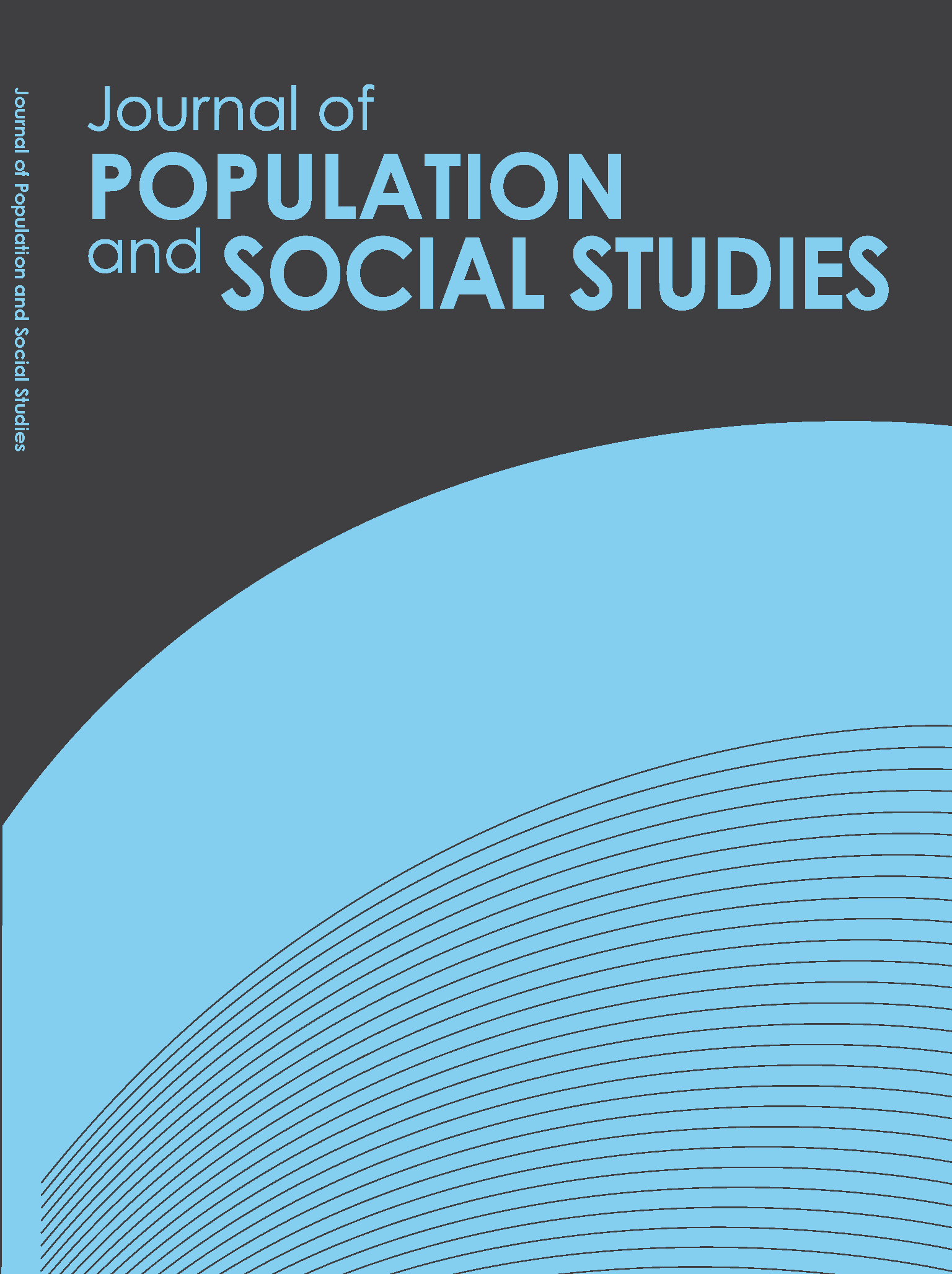Demand and Unmet Need to Space Births in Rwanda: A Two-Step Analysis of Determinants
Main Article Content
Abstract
Rwanda has recently experienced impressive success in family planning, leading to less unmet need and a lower fertility rate. Despite this achievement, unmet need remains a demographic and health issue. Because the interval between births has a strong effect on infant and maternal morbidity and mortality and because long intervals lead to a further fertility decline, this study seeks to identify the barriers to the use of contraceptives by women who want to space births. The study uses a pooled dataset from the 2005 and 2010 RDHS which enables an assessment of changes in both demand for and use of family planning. In order to take into account the latent demand in the analysis of unmet need, we applied the Heckman probit model that simultaneously estimates two probit equations: one for demand, another for unmet need. The results show that the demand to postpone the next birth is correlated with desired family size, the health status of the index child and the experience of infant mortality. Socio-economic factors have a limited role in the demand for spacing. The level of unmet need has dramatically declined between 2005 and 2010, especially among women with less education and cultivators. Bio-demographic factors, such as being in amenorrhea, and cultural factors, especially religious attitudes, still hamper the use of contraception. The strong commitment of the government to reproductive health may have been the main factor in increasing the uptake of contraception. To further increase contraceptive prevalence, continued advocacy is needed.
Article Details
References
Bawah, A. A., Akweongo P., Simmons R. & Phillips J. F. (1999). Women’s fears and men’s anxieties: the impact of family planning on gender relations in northern Ghana. Studies in Family Planning, 30 (1): 54-66.
Bongaarts, J. (1997). Trends in unwanted childbearing in the developing world. Studies in Family Planning, 28 (4), 267-277.
Bongaarts, J. (2014). The impact of family planning programs on unmet need and demand for contraception. Studies in Family Planning, 45 (2), 247–262.
Bongaarts, J. & Bruce, J. (1995). The causes of unmet need for contraception and the social content of services. Studies in Family Planning, 26 (2), 57-75.
Bulatao, R. A. (1998). The value of family planning programs in developing countries. Santa Monica CA: RAND Corporation. Retrieved from
http://www.rand.org/pubs/monograph_reports/MR978.html
Budervoet, T. (2014). What explains Rwanda’s drop in fertility between 2005 and 2010? Policy Research Working Paper 6741.The World Bank, Africa Region, Poverty Reduction and Economic Management Unit.


